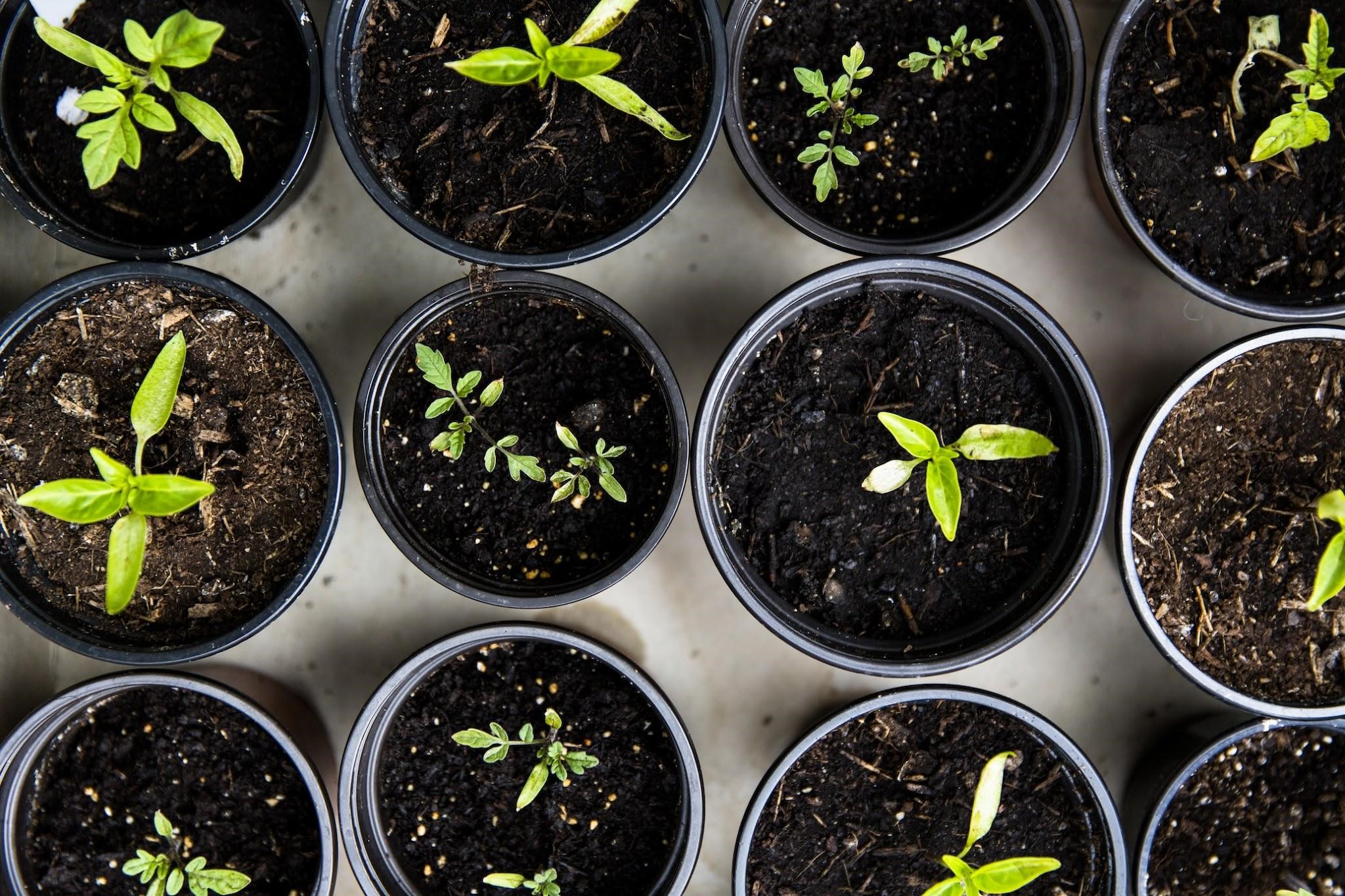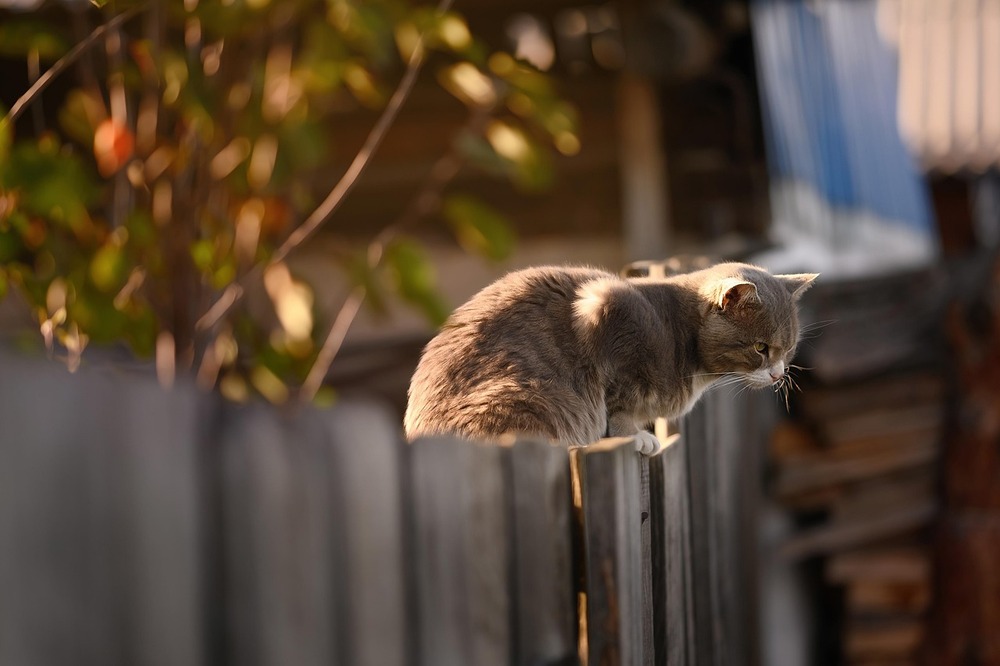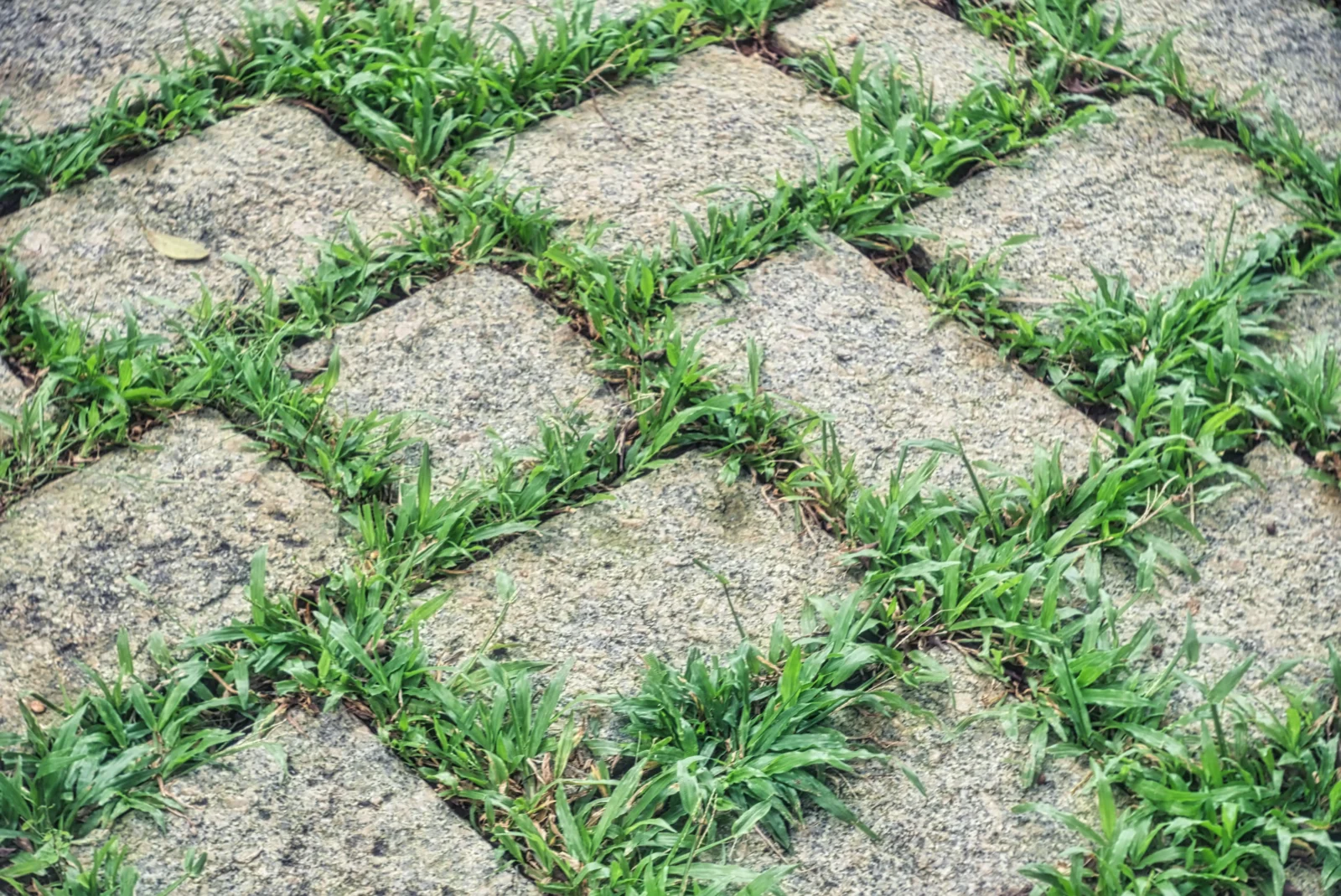- Home
- Articles
- Architectural Portfolio
- Architectral Presentation
- Inspirational Stories
- Architecture News
- Visualization
- BIM Industry
- Facade Design
- Parametric Design
- Career
- Landscape Architecture
- Construction
- Artificial Intelligence
- Sketching
- Design Softwares
- Diagrams
- Writing
- Architectural Tips
- Sustainability
- Courses
- Concept
- Technology
- History & Heritage
- Future of Architecture
- Guides & How-To
- Art & Culture
- Projects
- Interior Design
- Competitions
- Jobs
- Store
- Tools
- More
- Home
- Articles
- Architectural Portfolio
- Architectral Presentation
- Inspirational Stories
- Architecture News
- Visualization
- BIM Industry
- Facade Design
- Parametric Design
- Career
- Landscape Architecture
- Construction
- Artificial Intelligence
- Sketching
- Design Softwares
- Diagrams
- Writing
- Architectural Tips
- Sustainability
- Courses
- Concept
- Technology
- History & Heritage
- Future of Architecture
- Guides & How-To
- Art & Culture
- Projects
- Interior Design
- Competitions
- Jobs
- Store
- Tools
- More
What Are the Key Components Needed for Garden Maintenance?

Table of Contents Show
- The importance of garden maintenance
- How to incorporate sustainability into your garden maintenance routine
- Choosing the right tools
- Tips on planning and organizing your garden maintenance schedule
- The role of fertilizers, mulch, and compost
- Integrating Chicks into Essential Garden Maintenance
- Watering techniques for different types of plants
- Dealing with common pests and diseases in your garden
Many gardeners often struggle with maintaining their gardens throughout the growing season. Daily tasks such as weeding, watering, and fertilizing can quickly become overwhelming without proper planning and organization. That’s why in this blog post, we will explore the key components needed for successful garden maintenance. From tools and techniques to mindset and motivation, let’s dive into everything you need to know to have a thriving garden all season long.

The importance of garden maintenance
Maintaining a garden can be a daunting task for many homeowners. However, it is a crucial aspect of increasing home value. A well-maintained garden adds curb appeal to your property, making it more attractive to potential buyers. Regularly caring for your garden can also help keep the plants healthy and thriving, giving your home a more inviting and fresh atmosphere.
It’s not just about the beauty of the garden, but regular maintenance also ensures that the plants are not overcrowded or overshadowed, leading to a decreased risk of disease and pest infestations. Investing in garden maintenance helps increase your home’s value, and the benefits are worth the effort and time spent in the long run.
How to incorporate sustainability into your garden maintenance routine
Incorporating sustainable practices into your garden maintenance routine not only benefits the environment but also provides a healthier and more vibrant garden. One way to start is by using rain barrels to collect rainwater that can be used to hydrate your plants instead of relying on the hose. Another option is to create a compost bin where you can turn your organic waste into nutrient-rich soil for your garden.
These two simple practices can reduce water waste and improve your garden’s soil quality, making it a win-win for both you and Mother Nature. With a little effort, you can transform your garden into a sustainable oasis for all to enjoy. Or you could look up “Residential Friendly dumpster rental service near me” to get rid of any waste materials in an eco-friendly way. This is a great way to keep your garden clean while also being mindful of the environment.
Choosing the right tools
Maintaining a garden is more than just a hobby for many people. It’s a way to connect with nature and create a beautiful outdoor space. However, it can be challenging to know which tools are the most essential for the job. From basic equipment like shovels and rakes to advanced gadgets like robotic lawnmowers and soil moisture sensors, the choices can be overwhelming.
Choosing the right tools for garden maintenance depends on various factors, including garden size, type of plants, and personal preferences. Still, it’s crucial to invest in quality tools that will last and help make gardening more enjoyable and efficient. With the right tools in hand, you’ll be equipped to tackle any garden maintenance task.
Tips on planning and organizing your garden maintenance schedule
Maintaining a garden is a fulfilling activity that requires planning and organization. A well-planned schedule can ensure that your garden remains healthy and beautiful throughout the growing season. To get the most out of your gardening efforts, there are a few tips to consider when planning your maintenance schedule.
Firstly, create a list of tasks that need to be completed and prioritize them based on urgency. Next, determine how frequently these tasks need to be completed and make a schedule to ensure you stay on track. It’s also important to allocate sufficient time for each task, taking into consideration the size of your garden and the complexity of each job. With these tips and a well-organized maintenance schedule, your garden will thrive and flourish with ease.
Dumpster rentals are a great way to keep your garden clean while also being mindful of the environment
The role of fertilizers, mulch, and compost
Maintaining a garden can be a challenging task, but with the right tools and techniques, it can become a rewarding experience. One of the most important aspects of gardening is ensuring that the plants receive all the necessary nutrients and conditions to thrive. Fertilizers, mulch, and compost are essential tools that can help in achieving this goal.
Fertilizers provide the necessary nutrients, mulch protects the soil from erosion and conserves moisture, while compost adds organic matter to the soil, improving its structure and providing an environment for beneficial microorganisms. Ultimately, the use of these tools helps create a healthy and beautiful garden, full of thriving plants and vibrant colors for all to enjoy.
Integrating Chicks into Essential Garden Maintenance
When it comes to comprehensive garden maintenance, consider the charming addition of chicks as a vital component. Introducing a small flock of chickens adds a touch of liveliness and aids in natural pest control by foraging for insects. Chickens contribute to soil health by scratching and pecking behavior, helping with weed control and fertilization. Additionally, their presence can bring a delightful and interactive aspect to your garden maintenance routine, creating a harmonious balance between functionality and nature.
Watering techniques for different types of plants
Watering your plants may seem like a simple task, but did you know that different types of plants and soil conditions require different watering techniques? It’s important to take into consideration factors like what kind of soil your plant is in and how much sunlight it gets. For instance, sandy soil dries out quicker than clay or loam soil, meaning that you’ll need to water your plants more often if they’re in sandy soil.
Similarly, if your plant thrives in direct sunlight, it may need more water than a plant in a shaded area. There are also differences in how much water different types of plants need. Cacti and succulents, for example, are adapted to store water and don’t need as much watering as tropical plants. By adjusting your watering techniques based on these factors, you can help your plants thrive and grow beautifully.
Dealing with common pests and diseases in your garden
If you’re an avid gardener, you know how frustrating it is when your plants are attacked by pests and diseases. However, the good news is that many eco-friendly solutions can keep your garden thriving without harming the environment. One simple solution is to attract beneficial insects such as ladybugs, lacewings, and praying mantises, which can help control pest populations naturally.
Another approach is to make your own natural pest repellents using ingredients like garlic, onion, or hot peppers. Similarly, using compost to enrich your soil can help build healthy plants that are more resistant to disease. With these eco-friendly solutions, you can keep your garden healthy and thriving while also doing your part to protect the environment. You can also consult pest control experts like www.corkyspest.com.

In conclusion, garden maintenance is not just about keeping your yard looking good, it’s also a key factor in increasing the value of your home. From choosing the right tools and organizing a schedule to incorporating sustainable practices, many elements go into maintaining a beautiful and healthy garden. By utilizing fertilizers, mulch, and compost, as well as proper watering techniques and regular pruning, you can ensure that your plants will flourish year after year.
illustrarch is your daily dose of architecture. Leading community designed for all lovers of illustration and drawing.
Submit your architectural projects
Follow these steps for submission your project. Submission FormLatest Posts
The Green Oasis: How Architecture and Garden Design Create Living Urban Spaces
The green oasis concept represents a transformative approach to urban development, where...
7 Innovative Ways to Upgrade Your Backyard Aesthetics
Looking for fresh ideas to upgrade your backyard aesthetics? This guide covers...
Top Tips for a Healthy and Beautiful Backyard
Table of Contents Show Creating a Strong Foundation for Plant GrowthMaintaining Lawn...
Transform Your Garden with Artificial Turf Austin Solutions
Table of Contents Show Why Choose Artificial Turf Austin Services?Popular Choices for...












Leave a comment